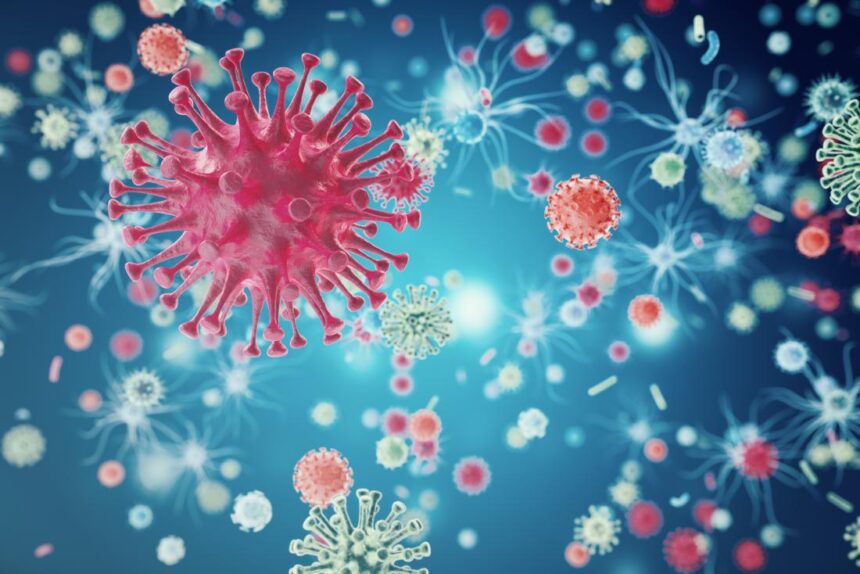In a lab setting, HIV has been totally eradicated from cells, providing promise for a potential future treatment.
Using the 2020 Nobel Prize-winning gene-editing tool Crispr-Cas, which targets the virus’s DNA, researchers finished the ground-breaking task.
They eliminated all signs of the virus from infected cells and enabled the deletion of undesirable genes or the introduction of new genetic material into cells by using a tool that functioned much like scissors.
According to the researchers at Amsterdam UMC in the Netherlands, their goal is to develop a reliable and secure Crispr-Cas regimen that may render a variety of HIV strains dormant, so creating an inclusive “HIV cure for all.”
The researchers, under the direction of Dr. Elena Herrera-Carrillo, claim to have developed an effective attack on the virus in different cells and potential hiding places, which they claim is a critical step towards creating a treatment plan.
The study was presented at the European Congress of Clinical Microbiology and Infectious Diseases and saw the researchers focus on parts of the virus that stay the same across all known HIV strains.

They say this will help them provide a broad-spectrum therapy capable of combating multiple HIV variants effectively, but stressed their work provides proof of a concept, and will not become a cure for HIV tomorrow.
They say the next steps involve optimising the delivery route to target the majority of the HIV reservoir cells.
The hope is to devise a strategy to make this system as safe as possible for future clinical applications, and achieve the right balance between efficacy and safety.
‘Only then can we consider clinical trials of ‘cure’ in humans to disable the HIV reservoir,’ the researchers said. ‘While these preliminary findings are very encouraging, it is premature to declare that there is a functional HIV cure on the horizon.’
Scientists at the University of Pittsburgh School of Medicine have also identified drug candidates that show promise in reversing the ability of HIV to escape detection by the immune system.
In the journal Cell Chemical Biology, the researchers reveal they have found a potential path to clear a viral reservoir that can’t be cleared with existing antiretroviral drugs, and is something that currently prevents people from being completely cured of HIV.
Senior author Dr Thomas Smithgall said: ‘We have excellent antiretroviral drugs that suppress HIV, but unfortunately, none of them clear the virus. If someone with HIV stops taking their medication, the infection will rebound.
‘HIV establishes a reservoir of infected cells that lay dormant even in the presence of antiretroviral therapy, hiding from immune system detection. We think we’ve uncovered a key to unmasking that reservoir.’





